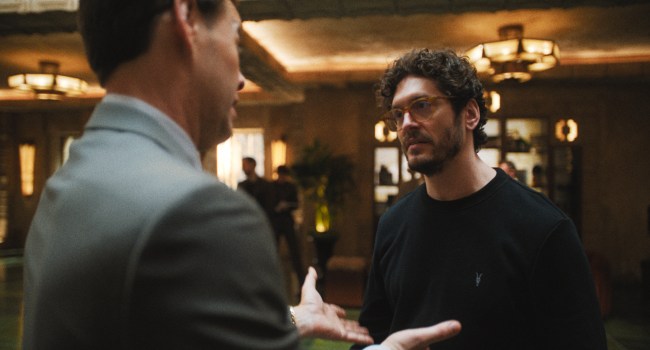Inside Hollywood's Cameo Culture: Seth Rogen and Evan Goldberg Reveal Their Ultimate Collaboration Wishlist

Behind the Scenes of The Studio: When Filmmakers Play Themselves
In a refreshing twist on meta-storytelling, the innovative Apple TV+ comedy "The Studio" has taken an unconventional approach to casting by featuring real-life directors and actors portraying fictionalized versions of themselves. The show's co-creators have masterfully blended reality and fiction, inviting talented filmmakers like Sarah Polley and Parker Finn to step in front of the camera and explore the intricate, often humorous world of film production.
By casting actual industry professionals as themselves, the series offers an authentic and insider's perspective on the creative process. Sarah Polley, known for her critically acclaimed directing work, and Parker Finn, an emerging talent in the film world, bring a unique authenticity to the project that blurs the lines between performance and reality.
The decision to have directors and actors play fictionalized versions of themselves creates a compelling narrative layer that adds depth and nuance to the comedy. Audiences get an intimate, behind-the-scenes glimpse into the creative ecosystem, complete with the wit, challenges, and unexpected moments that define the film industry.
This innovative casting approach not only provides entertainment but also offers a meta-commentary on the nature of storytelling and performance in contemporary media. "The Studio" promises to be a groundbreaking exploration of creativity, identity, and the ever-evolving landscape of film and television.
